Philips Recall Scandal: FDA Exposes Flaws
The Philips recall scandal, as disclosed by the FDA, highlights a glaring oversight in the production and safety verification of medical devices that millions rely on for respiratory support. This incident not only brings to light the potential dangers patients may face due to the degradation of PE-PUR foam in CPAP, BiPAP, and ventilator devices but also raises critical questions about the efficacy of regulatory oversight and corporate accountability in the health sector. As Philips navigates the complexities of legal challenges and attempts to rectify the identified flaws, one must ponder the implications for consumer trust and the future of medical device safety standards. What remains to be seen is how this situation will influence regulatory policies and corporate practices moving forward.
Key Takeaways
- FDA inspection reveals Philips' silicone-based foam repair fails safety tests.
- Philips conceals serious health risks associated with PE-PUR foam in CPAP devices.
- Over 15 million CPAP, BiPAP, and ventilators are affected by the recall.
- Philips faces lawsuits for hiding risks and failing to ensure device safety.
CPAP Recall Overview

The Philips CPAP recall has impacted over 15 million CPAP, BiPAP, and ventilator devices due to a critical issue involving foam degradation, posing significant health risks to users. In response to this significant safety concern, Philips initiated a thorough recall program. This program not only addresses the immediate safety concerns but also reflects the company's commitment to serving healthcare providers and patients with the utmost responsibility. Through the recall, Philips aims to replace the faulty PE-PUR sound abatement foam with a safer, silicone-based foam alternative. This action demonstrates Philips' dedication to prioritizing user safety and underscores the importance of rigorous product oversight. For healthcare professionals and patients alike, this recall serves as a critical reminder of the need for ongoing vigilance in product use and maintenance.
Health Risks Identified
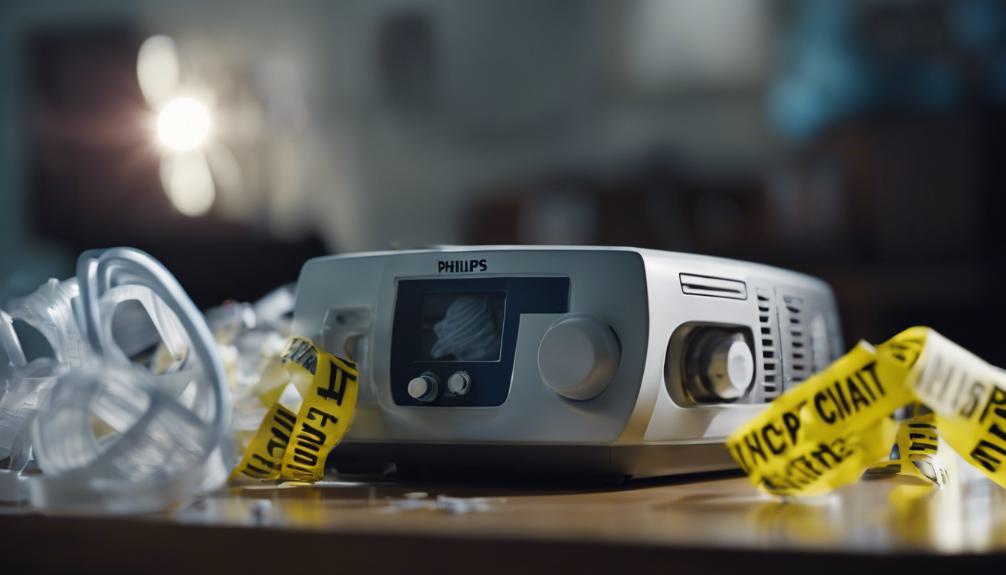
Identifying and understanding the health risks associated with the Philips CPAP recall is important for both users and healthcare providers. The recall, impacting over 15 million CPAP, BiPAP, and ventilators, was initiated due to the degradation of PE-PUR foam. This foam, used for noise reduction, was found to degrade and potentially release black particles or debris into the device's air pathway. Inhalation or ingestion of these particles poses serious health risks, including irritation of the respiratory tract, headaches, dizziness, and possible toxic and carcinogenic effects. As caregivers and individuals dedicated to healing and patient welfare, it is essential to assess the potential exposure and health implications for users of these recalled devices, ensuring their safety and well-being.
FDA Findings Unveiled
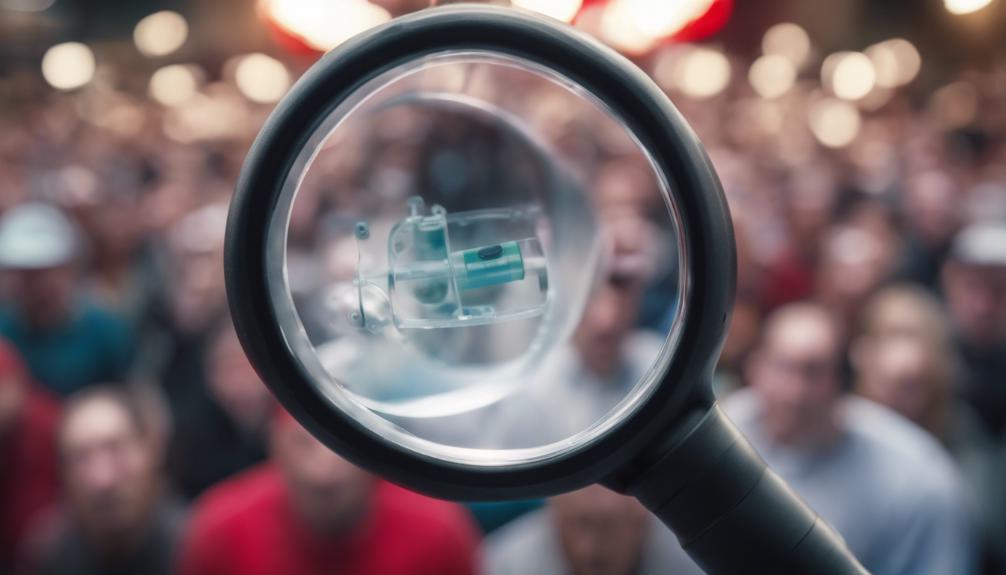
Following the examination of health risks stemming from the Philips CPAP recall, recent FDA findings have further exposed significant flaws in the company's handling of the issue. The FDA's thorough investigation revealed that Philips not only failed to adequately test the silicone-based foam used as a replacement for the problematic PE-PUR foam but also did not fully disclose the potential health risks associated with the initial foam degradation. This oversight has raised concerns about patient safety and the efficacy of the company's corrective measures. The commitment to serve the public health requires holding manufacturers to the highest standards of transparency and safety. These findings underscore the importance of rigorous oversight and accountability in the medical device industry to protect individuals relying on such critical healthcare equipment.
Legal Repercussions

Facing mounting legal challenges, Philips is maneuvering through a complex landscape of lawsuits and legal actions stemming from its recall of CPAP, BiPAP, and ventilator devices. This situation underscores the critical importance of corporate accountability and the need for robust legal frameworks to protect consumers. Legal professionals and consumer rights advocates are closely monitoring these developments, emphasizing the necessity for Philips to address these concerns transparently and effectively. The situation serves as a cautionary tale for other corporations, highlighting the potential legal repercussions of not adequately ensuring product safety. As Philips navigates through these legal complexities, the broader community of individuals dedicated to serving others watches with keen interest, hoping for resolutions that prioritize consumer health and safety.
Key Lawsuits Highlighted
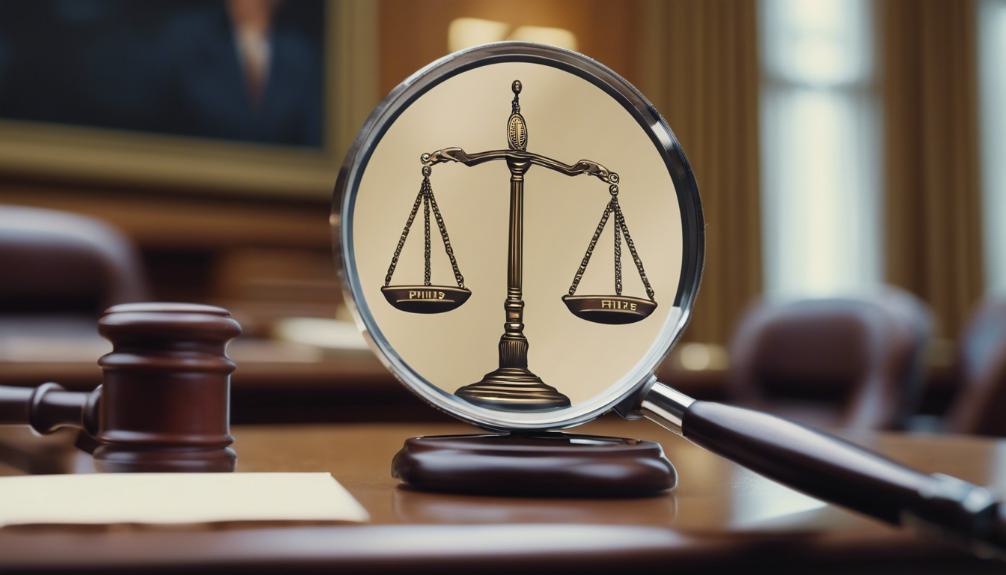
As Philips grapples with the ramifications of its recalled devices, a selection of key lawsuits has come to the forefront, underscoring the serious legal and health concerns involved. The Philips CPAP, BiPAP, and ventilator recalls have led to numerous legal actions, as individuals affected by the defective devices seek justice and compensation. These lawsuits highlight not only the immediate health risks associated with the foam degradation and the potential release of harmful particles but also Philips' alleged failure to adequately warn users and regulatory bodies about these risks in a timely manner. For those dedicated to aiding others, these legal battles represent vital efforts to hold the company accountable and make sure such oversights do not reoccur, safeguarding patient health and wellbeing.
Class Action Insights
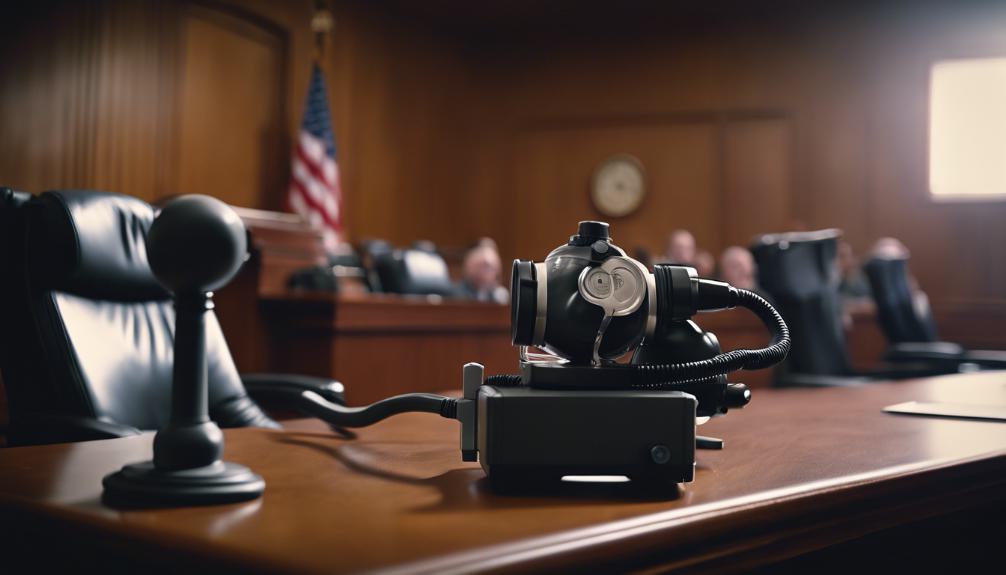
Class action lawsuits provide an essential avenue for groups of individuals to seek justice and reparations from corporations, as seen in the Philips recall scandal. These collective legal actions enable affected parties to combine their resources, amplifying their legal voice against large entities. In the case of Philips, the lawsuits focus on the alleged concealment of risks associated with their CPAP machines, a significant concern given the devices' widespread use and the serious health implications of the foam degradation issue. Class actions not only seek to hold Philips accountable but also aim to make certain that affected users receive compensation for any harm suffered. This approach exemplifies the power of collective action in addressing corporate malfeasance, emphasizing the importance of accountability and consumer safety in the healthcare industry.
Community Feedback Mechanisms

In the wake of the Philips recall scandal, the implementation of effective community feedback mechanisms has emerged as a crucial tool for both understanding and addressing the concerns of affected individuals. These mechanisms, crucial in fostering a transparent and responsive environment, enable stakeholders to voice their experiences, fears, and suggestions directly to those responsible for rectifying the issues at hand. By actively engaging with the community through dedicated platforms for feedback, organizations can demonstrate their commitment to remedying the situation and rebuilding trust. Such platforms also provide an invaluable source of real-time insights, allowing for swift identification of recurring issues and facilitating the implementation of targeted solutions. Ultimately, prioritizing open communication channels underscores a genuine dedication to serving the community's best interests and ensuring their wellbeing is placed at the forefront of corrective actions.
Sponsorship Acknowledgment
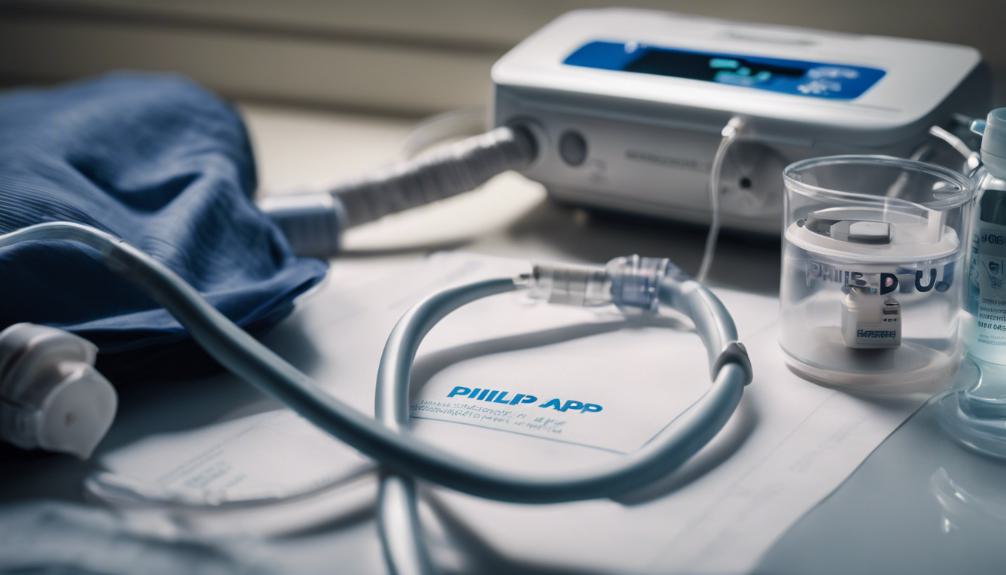
Acknowledging the support of sponsors, such as Emerson Firm, PLLC, is essential in facilitating the thorough coverage and analysis found on this platform. The complexities surrounding the Philips Recall Scandal, along with other pivotal legal actions and class-action lawsuits, demand a level of scrutiny and expertise that our sponsors help provide. By enabling a deeper exploration into these significant matters, they support not just the dissemination of information, but also the broader mission of serving those impacted by these issues. Their backing empowers our efforts to shed light on critical health and legal concerns, thereby aiding individuals in making informed decisions. This collaboration underscores a shared commitment to public service and accountability.
Copyright Notice
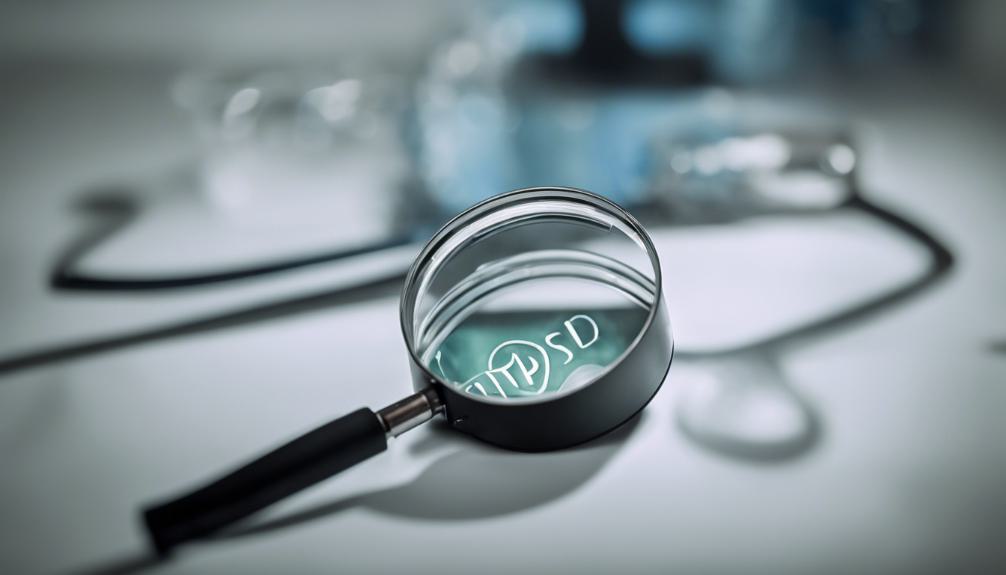
All content featured on eClassActions.com, including articles, graphics, and information, is protected under copyright law, owned exclusively by eClassActions.com. Our mission is to empower individuals and communities by providing high-quality, legally vetted information that addresses pressing issues around consumer rights and safety. The dedication to serving others is at the heart of our content creation process. We acknowledge the importance of reliable information in making informed decisions, especially when those decisions impact health, safety, and financial well-being. Therefore, unauthorized use, reproduction, or distribution of our content is strictly prohibited. We encourage our audience to respect our copyright policies, ensuring that this valuable resource remains accessible and beneficial to those who seek to advocate for themselves and others in the face of corporate negligence and legal complexities.
Frequently Asked Questions
How Can Consumers Differentiate Between the Recalled Philips CPAP Devices and Those Not Affected by the Recall?
Consumers seeking to differentiate between recalled Philips CPAP devices and those unaffected can reference the Philips website for a thorough list of affected models. Additionally, serial numbers on devices can be compared against the recall list to confirm their status. It is crucial for users to verify their device's safety to make sure they are using equipment that meets health standards and does not pose a risk due to potential defects.
What Are the Long-Term Health Implications for Users Who May Have Inhaled Particles From the Degraded PE-PUR Foam Before the Recall Was Announced?
The long-term health implications for individuals who may have inhaled particles from the degraded PE-PUR foam in certain Philips CPAP devices are a matter of concern. Exposure to these particles has the potential to lead to respiratory issues and other health problems. Given the seriousness of the situation, affected users are advised to seek medical evaluation to assess any potential impact on their health and to explore possible remedial actions.
Are There Alternative CPAP Machines Recommended by Healthcare Professionals That Are Considered Safe and Not Subject to Similar Recalls?
Healthcare professionals recommend several alternative CPAP machines considered secure and not subject to similar recalls, ensuring patient safety and compliance. Brands like ResMed, Fisher & Paykel, and DeVilbiss offer reliable CPAP devices, featuring advanced technology to enhance user comfort and effectiveness. Patients are advised to consult with their healthcare providers to select the most suitable CPAP machine based on their specific therapeutic needs and preferences, ensuring peak treatment outcomes.
How Is Philips Addressing the Needs of International Customers Affected by the Recall, Given That Healthcare Regulations Vary by Country?
Philips is proactively addressing the needs of international customers impacted by the recall through rigorous engagement and compliance with diverse healthcare regulations across countries. The company is deploying a thorough support system, offering replacement, repair, and detailed guidance tailored to the specific requirements of each jurisdiction. By prioritizing customer safety and adhering to global standards, Philips aims to restore confidence and guarantee the well-being of users worldwide, demonstrating a commitment to serving affected individuals with utmost care.
What Specific Steps Should Consumers Take if They Experience Adverse Health Effects Believed to Be Related to the Use of a Recalled Philips CPAP Device, in Terms of Medical Documentation and Legal Action?
Consumers experiencing adverse health effects from a recalled Philips CPAP device should first seek immediate medical attention. It is pivotal to document all health issues and treatments related to the device's use. Next, contact a legal professional specialized in medical device lawsuits to discuss potential legal actions. Preservation of all medical records and communication with healthcare providers is essential for substantiating claims in any legal proceedings against Philips for the recalled device.
Conclusion
To summarize, the Philips recall scandal underscores the critical importance of rigorous safety standards and transparency in the medical device industry. How can patients trust medical devices if safety concerns are not promptly and effectively addressed? The FDA's findings and the ensuing legal battles illuminate the consequences of failing to uphold these standards, signaling a pressing need for stricter regulatory oversight and accountability. This case serves as a potent reminder of the paramount importance of patient safety in the design and implementation of medical technologies.

This post has been generated by AI and was not reviewed by editors. This is Not legal advice. Please consult with an attorney.
